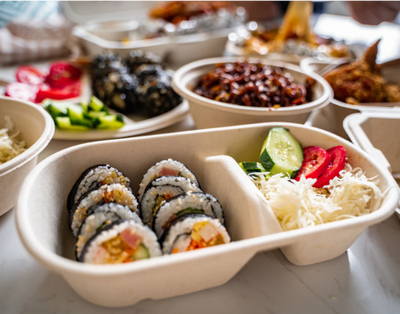
Sugarcane & Coffee Straws: The Smarter Alternative to Plastic Straws
Why Sugarcane & Coffee Straws Are a Smarter Alternative to Plastic Straws Plastic straws are one of the most common single-use plastic items, especially in Vietnam’s coffee and takeaway drink...












